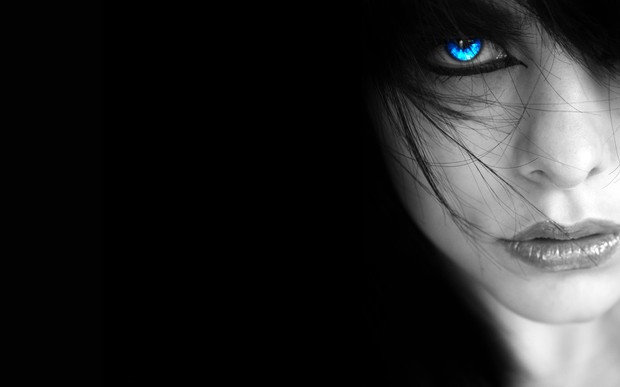I have been thinking a lot about trust lately. Probably not the kind of trust that first comes to mind when you hear that word—I’m not talking about trusting someone else to behave or be a certain way. One might call what I’m talking about faith. Or simply optimism. Here’s what I mean…
I have a tendency to worry, as I believe many in our modern society do. I want to control outcomes—to try to avoid any possible future challenges or pain—so I have a lot of “what if” thoughts that can spiral out of control if I let them. But how much stress and pain do all those worries cause me, and even those around me? Am I really avoiding pain or, ironically, creating more? Would it be better to move through life willfully ignorant of any potential pitfalls, only to be blindsided by them if they do occur and find myself needing to come up with a solution on the fly? Yes, I believe it would be better. This is where trust comes in.
If you choose to operate this way, you have to trust your abilities and know that you can handle anything that gets thrown at you. As you assume that you can handle these complications, and then see yourself handling them as they arise, you become both more confident and more capable in a self-perpetuating cycle. But more than trusting even yourself, you have to have a sense that things will work out—that, ultimately, everything is going to be alright. If you believe in a higher power, this could take the form of believing that power is directing your life, knows what it’s doing better than you do, and will never give you more than you can handle, and therefore, ultimately, everything will be fine. Even if you don’t believe in such a power, it serves you to assume the best.
The reality is, if you have this mentality, things are going to turn out better simply because you think they will. Our thoughts create our reality. If we worry that bad things are going to happen, they will—if in no other way than in our heads because we have created an energy drain and a lot more mental work for ourselves than we would have had otherwise. Our whole world starts to look negative. If we believe that good things will happen, our lives are more likely to reflect that because 1) we are more likely to view things that happen as being “good,” and 2) if something we judge as “bad” does happen, we are more likely to be in a better place mentally to deal with it and come up with a better solution—it will feel like an isolated incident to be dealt with and overcome rather than yet another bad thing in the series of bad things we have come to expect from life. If our minds are in a calm, centered place because we expect things to be fine, rather than a place of worry, we will be more receptive to solutions we might not have seen otherwise. Sometimes, when we are worrying, the problem even stops existing, but we have become so attached to it and trying to figure it out that we don’t recognize that it doesn’t have to be an issue anymore. I find that, the more I try to anticipate and solve every possible issue, the more stressed I get, but if I can let go of trying to control the situation, trust that a solution will work out if/when needed, and follow my feelings in each moment, life flows much more smoothly.
It’s also important to note our personal responsibility for the way we view our circumstances so that we do not fall into the trap of developing a victim identity. “Good” and “bad” and “better” and “worse” are judgments we attach to situations rather than inherent, objective values of the situations themselves. Everything is about perception, and what we might judge as “bad” for us could turn out to be one of the most beneficial experiences of our lives. We can’t always see the whole picture, so it is wise to remember the subjective nature of these labels. Nevertheless, however we assign these labels to our circumstances, it is true both that things will always get better and that things will always get worse. One of my favorite quotes says, “The wheel never stops turning…you’re up, you’re down. It doesn’t change what you are.” What you are is how you look at your situation and what you choose to do about it/how you choose to react to it. It is to your advantage to believe that the hard times are temporary and the good times will return. It is to your advantage to assume the best, to have faith, to trust.
Strength and Love



